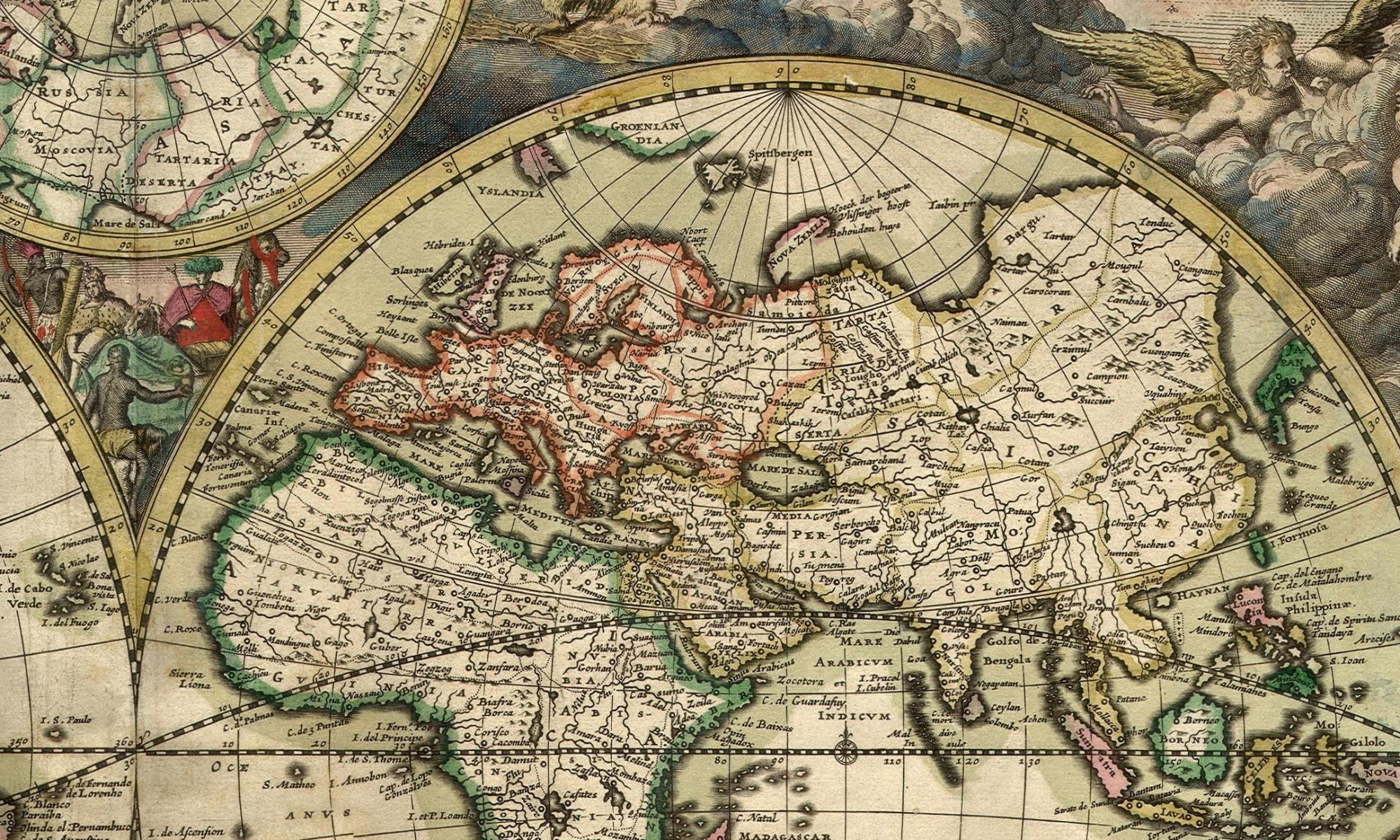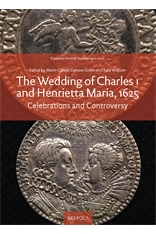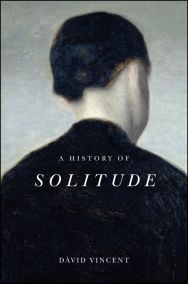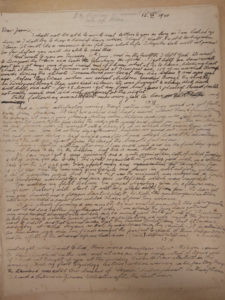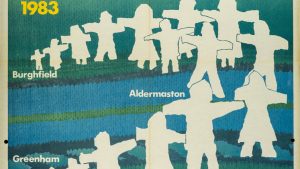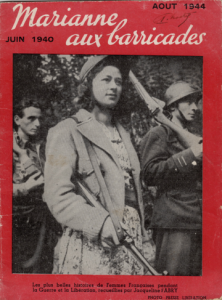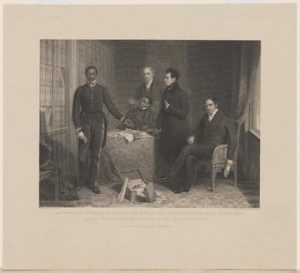Dr. Sara Wolfson, Staff Tutor and Lecturer in History, has published a co-edited volume with Dr. Marie-Claude Canova-Green on The Wedding of Charles I and Henrietta Maria, 1625: Celebrations and Controversy .
The union of 1625 between Charles Stuart, the Protestant king of Great Britain, and Henrietta Maria, a Catholic Bourbon princess, was a unique cross-confessional alliance in post-Reformation Europe. The volume brings together literary, art, music, and political-cultural scholars to explore for the first time the variety of celebrations that accompanied the match.
On 11 May 1625 Charles I married Henrietta Maria, the youngest sister of Louis XIII of France. The match signalled Britain’s firm alignment with France against Habsburg Spain and promised well for future relations between the two countries. However, the union between a Protestant king and a Catholic princess was controversial from the start and the marriage celebrations were fraught with tensions. They were further disrupted by the sudden death of James I and an outbreak of the plague, which prevented large-scale public celebrations in London. The British weather also played its part. In fact, unlike other state occasions, the celebrations exposed weaknesses in the display of royal grandeur and national superiority. To a large extent they also failed to hide the tensions in the Stuart-Bourbon alliance. Instead they revealed the conflicting expectations of the two countries, each convinced of its own superiority and intent on furthering its own national interests. Less than two years later Britain was effectively in a state of war against France.
In this volume, leading scholars from a variety of disciplines explore for the first time the marriage celebrations of 1625, with a view to uncovering the differences and misunderstandings beneath the outward celebration of union and concord. By taking into account the ceremonial, political, religious and international dimensions of the event, the collection paints a rounded portrait of a union that would become personally successful, but complicated by the various tensions played out in the marriage celebrations and discussed here.
